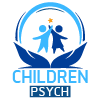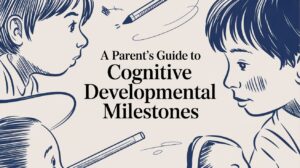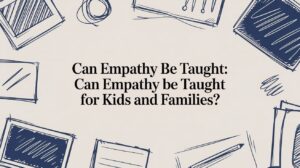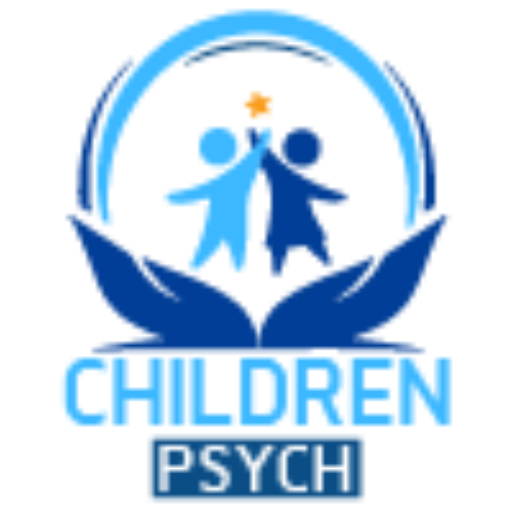Depression is a serious mental health condition that can affect people of all ages, including children. Unfortunately, many children who are struggling with depression may not receive the help they need, as the condition is often overlooked or misdiagnosed in this population.
Depression in children can manifest in a number of different ways. Some common symptoms include changes in mood, such as persistent sadness, irritability, or apathy; changes in behavior, such as difficulty concentrating, withdrawal from friends and activities, or aggression; and changes in physical health, such as changes in appetite or sleep patterns.
There are many possible causes of depression in children. Genetic factors, such as a family history of depression, can make a child more susceptible to the condition. Environmental factors, such as exposure to stress or trauma, can also play a role. Additionally, some children may be more vulnerable to depression as a result of underlying medical conditions or neurological disorders.
It is crucial to recognize the signs and symptoms of depression in children and to seek help as soon as possible. There are a number of effective treatment options available for children with depression, including therapy and medication.
One type of therapy that has been shown to be effective in treating depression in children is cognitive behavioral therapy (CBT). This type of therapy helps children to identify and change negative thoughts and behaviors that may be contributing to their depression.
Another type of therapy that can be beneficial for children with depression is family therapy. This type of therapy involves working with the child and their family to address any issues within the family that may be contributing to the child’s depression.
Medication is also sometimes used to treat depression in children. Antidepressant medication can help to alleviate symptoms of depression, but it is important to be aware that these medications can have side effects, and they are not suitable for all children.
In addition to therapy and medication, there are also other strategies that can help children with depression. These include exercise, which can help to improve mood and reduce stress, and social support, which can provide children with a sense of connection and belonging.
It is also important for parents and caregivers to be aware of the signs and symptoms of depression in children and to take action if they suspect that a child may be struggling with the condition. This may involve seeking help from a healthcare professional, such as a pediatrician or a child and adolescent psychiatrist, or connecting the child with community resources, such as a school counselor or a support group for families.
In conclusion, depression is a serious mental health condition that can affect children of all ages, and it is important to recognize the signs and symptoms of depression in children in order to seek help as soon as possible. There are many effective treatment options available for children with depression, including therapy and medication. Additionally, strategies such as exercise, social support, and family therapy can also be beneficial. It is crucial for parents and caregivers to be aware of the signs and symptoms of depression in children and to take action if they suspect that a child may be struggling with the condition.




